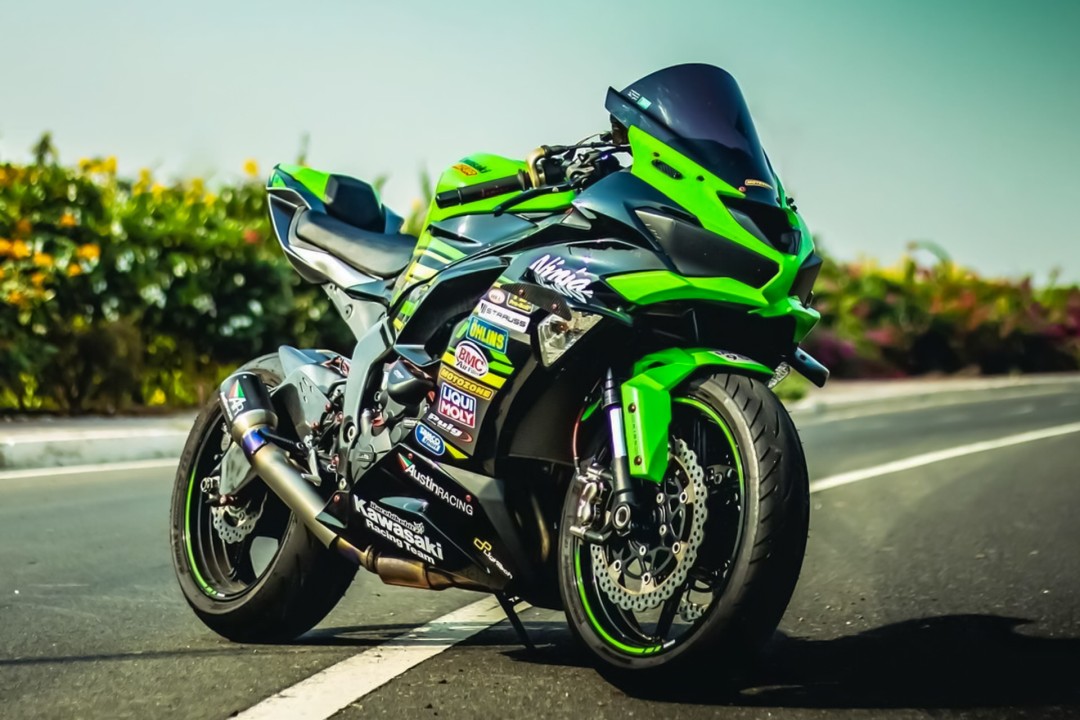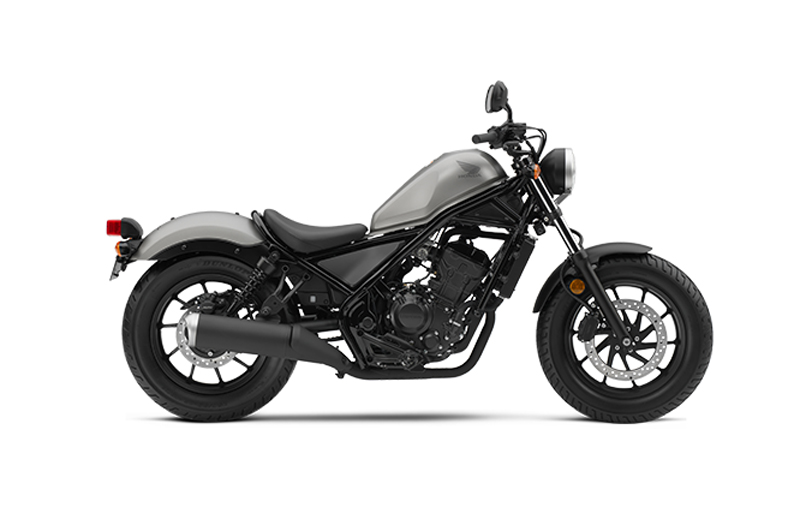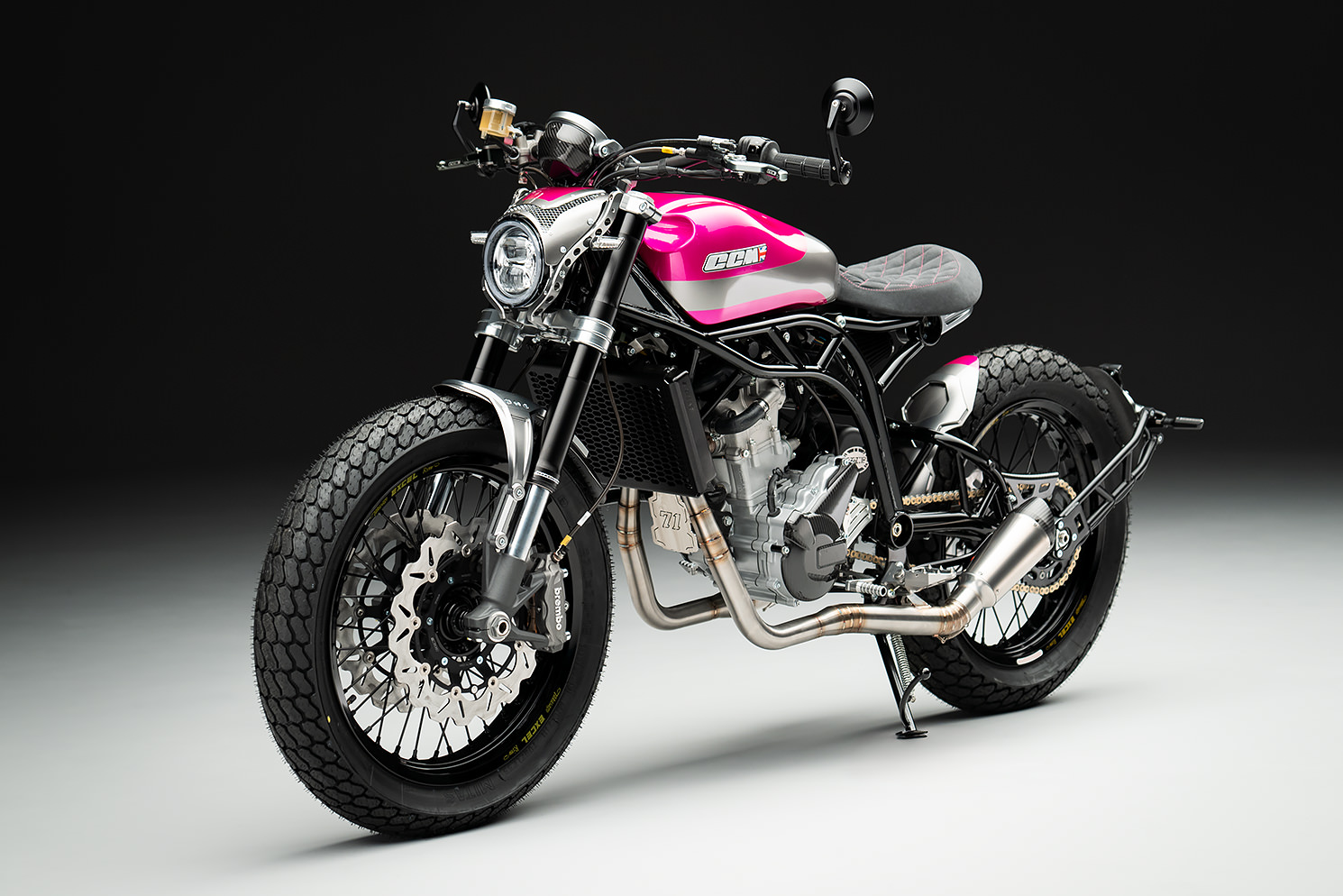
I. Introduction
A. A Brief History of Motorcycles: From Early Inventions to Modern Powerhouses
The motorcycle’s journey began in the late 19th century with the invention of motorized bicycles. Pioneering minds like Gottlieb Daimler and Nikolaus Otto laid the groundwork for the development of the first practical motorcycles. Throughout the 20th century, these machines underwent rapid evolution, becoming faster, more reliable, and more stylish. Today’s motorcycles are technological marvels, offering a thrilling combination of power, performance, and freedom on two wheels.
B. The Global Motorcycle Industry: A Thriving Market with Diverse Players
The global motorcycle industry is a multi-billion dollar market with a strong presence in various countries. Asia is the leading producer and consumer of motorcycles, with Japan being a historical powerhouse and China emerging as a major player. This diverse landscape of motorcycle manufacturers fosters innovation and competition, pushing the boundaries of design, technology, and performance.

II. Major Motorcycle Manufacturers: A Landscape of Innovation and Competition
A. Harley-Davidson: The Iconic American Brand with a Legacy of Freedom and Adventure
Harley-Davidson is synonymous with American motorcycle culture. Their cruiser motorcycles, characterized by chrome accents and rumbling V-twin engines, are a symbol of individuality and open-road exploration.
B. Honda: The Japanese Giant Renowned for Reliability and Technological Advancements
Honda is a global leader in motorcycle manufacturing, renowned for its commitment to reliability, innovation, and fuel efficiency. From entry-level scooters to high-performance sportbikes, Honda offers a wide range of motorcycles catering to diverse riding styles. The company has consistently pushed the technological envelope, developing features like automatic transmissions and advanced engine management systems.
C. Yamaha: A Pioneer in Racing and a Provider of Diverse Motorcycle Models
Yamaha is a major player in the motorcycle industry, known for its racing pedigree and commitment to performance. With a strong presence in the sportbike and motocross segments, Yamaha caters to thrill-seeking riders who crave power and handling.
D. Kawasaki: A Brand Synonymous with High-Performance Motorcycles and Thrill-Seeking Riders
Kawasaki is renowned for its high-performance motorcycles, often associated with speed and adrenaline. Their Ninja series of sportbikes are coveted for their aggressive styling and powerful engines.
E. BMW: The German Manufacturer of Luxury Motorcycles and Advanced Touring Technology
BMW is a premium motorcycle manufacturer known for its luxurious touring bikes and advanced technology. Their motorcycles are built for comfort, safety, and long-distance travel, featuring features like electronically adjustable suspension and advanced navigation systems. BMW caters to discerning riders who appreciate a blend of luxury, performance, and technological innovation.

III. Factors Shaping the Motorcycle Industry: Trends and Challenges
A. Consumer Preferences and Evolving Riding Styles: Catering to Diverse Rider Demographics
The motorcycle industry must adapt to evolving consumer preferences and riding styles. Younger riders are drawn to smaller, fuel-efficient motorcycles and urban mobility solutions.
B. Technological Advancements: Embracing Innovation in Engine Design, Safety Features, and Connectivity
Technological advancements are shaping the future of motorcycles. Manufacturers are continuously improving engine designs for better performance and fuel efficiency. Safety features like anti-lock braking systems (ABS) and traction control are becoming increasingly standard.
C. Environmental Regulations and Sustainability: Addressing Environmental Concerns and Promoting Eco-Friendly Motorcycles
Environmental regulations are pushing manufacturers to develop cleaner and more sustainable motorcycles. Electric motorcycles are rapidly evolving, offering an eco-friendly alternative to traditional gasoline-powered machines.
D. Global Economic Trends and Market Fluctuations: Adapting to Economic Cycles and Expanding into New Markets
The global motorcycle industry is not immune to economic fluctuations. Manufacturers must adapt to changing economic conditions and consumer spending habits.
E. Safety Concerns and Public Perception: Promoting Safe Riding Practices and Addressing Public Perceptions of Motorcycles
Motorcycle safety remains a major concern. Manufacturers are developing advanced safety features and collaborating with safety organizations to promote responsible riding practices.
IV. The Future of the Motorcycle Industry: Opportunities and Challenges
A. Emerging Markets and Untapped Potential: Exploring New Growth Opportunities in Developing Regions
Emerging markets in Southeast Asia, Africa, and South America present significant growth potential for the motorcycle industry. As disposable income rises in these regions, the demand for affordable and efficient transportation solutions is expected to increase. Manufacturers who can adapt their offerings to meet the specific needs of these markets will be well-positioned for future growth.
B. Electric Motorcycles: Embracing the Shift Towards Sustainable and Eco-Conscious Transportation
Electric motorcycles are rapidly evolving and are poised to play a significant role in the future of the industry. Advancements in battery technology and charging infrastructure are overcoming range anxiety, a major hurdle for electric vehicle adoption. Manufacturers are developing a diverse range of electric motorcycles, catering to various riding styles and needs. This shift towards electric motorcycles offers a sustainable solution for urban commuting and environmentally conscious riders.
C. Personalized Experiences and Connected Motorcycles: Enhancing Rider Engagement with Technology
Technology will continue to play a major role in shaping the future of motorcycling. Connected motorcycles with features like navigation, smartphone integration, and real-time data analysis will enhance rider engagement and safety. Manufacturers can personalize the riding experience through smartphone apps, allowing riders to customize settings and access information tailored to their preferences.
D. Urban Mobility and Commuting: Positioning Motorcycles as a Practical and Efficient Transportation Option
Motorcycles can play a significant role in addressing urban congestion problems. Their compact size and maneuverability make them ideal for navigating traffic-filled streets. Manufacturers can develop urban-focused motorcycles with features like increased fuel efficiency and storage solutions, making them a more practical alternative to cars for commuting.
E. Safety Innovations and Accident Prevention: Prioritizing Rider Safety and Reducing Motorcycle-Related Accidents
Safety remains paramount for the future of motorcycling. Manufacturers will continue to develop advanced safety features like autonomous emergency braking and advanced driver-assistance systems (ADAS). Collaboration with safety organizations and rider training programs is crucial for promoting responsible riding practices and reducing motorcycle-related accidents.
V. Conclusion
A. The Enduring Appeal of Motorcycles: A Symbol of Freedom, Adventure, and Personal Expression
The thrill of riding a motorcycle, and the strong sense of community among riders are unique experiences that continue to attract enthusiasts around the globe.
This enduring appeal continues to attract riders from all walks of life, fostering a passionate global community.
B. Motorcycle Manufacturers as Drivers of Innovation and Industry Growth
Motorcycle manufacturers are at the forefront of innovation, constantly pushing the boundaries of design, technology, and performance. They play a crucial role in shaping the future of the industry, adapting to changing consumer preferences, and addressing environmental concerns. By developing new technologies, catering to diverse rider demographics, and prioritizing safety, manufacturers ensure the continued growth and success of the motorcycle industry.
